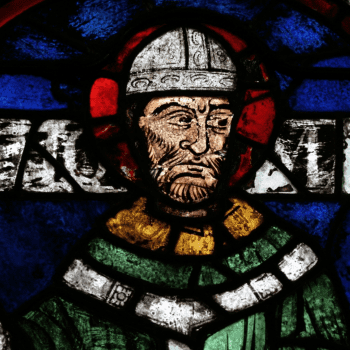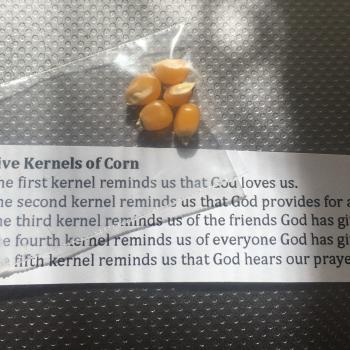One of the interesting things about the English language is that many of its words are derived from Latin and often have more than one meaning. The initial, and majority, of search results online for the word “content” refer to ideas communicated through writing, marketing, or information.
Content is key to understanding any piece of information. It can be misleading, inaccurate, destructive and deceptive. It can also be helpful, instructive, and truthful.
Content is used as the basis for knowledge, which stems from the Latin word, cognitio. Having knowledge means having the “ability to comprehend, a mental act or the process of knowing.” The first part of the word, co- means with or together. The root of the word stems from gnoscere, which means, “to know.” Cognition, with knowledge, means we go through a process of knowing or learning.
In 2013, Yahoo! held a conference in Germany on how it could become the “Google of Content,” suggesting that Google is the “king” of providing content online. (Since then, the company suffered data breaches and does not appear to have come close to surpassing Google’s search capabilities.) Marketing experts have long taught that “content is king,” meaning the better the content, the more money one can make.
However, when we know the object of true content we learn what it means to be content– pointing to the double meaning of the word.
Content also means, “to be pleased with a situation;” its synonyms include, “fulfilled,” “satisfied,” “at ease,” and “gratified.”
The first part of the word, co, means with or together; the root, tenir, means, “to hold.” Content, in other words, means to hold together.
But what do these words, content and knowledge have to do with contentment? They all point to their author, the triune God and creator of the universe.
In the Apostle Paul’s letter to the Colossians, he writes of Jesus, “He is the image of the invisible God, the firstborn over all creation. For by him all things were created: things in heaven and on earth, visible and invisible, whether thrones or powers or rulers authorities; all things were created by him and for him. He is before all things, and in him all things hold together.” (Col. 1:15-17)
In the Gospel of the Stars we learn that God’s story is written in the heavens for all of creation to see. God’s creation is held together with mathematical precision, including the angle of the earth, sun and moon. He knows each of the billions of stars by name that he placed throughout the galaxy.
The greatness and majesty of God is stretched throughout the heavens and written in our very being. In Job 38 and 39 we learn God’s testimony about his power over all of creation, creating boundaries for land and sea, ordering the morning, and knowing the paths of the dwellings of life and darkness.
In Psalm 139 we learn what God knows about us: when we sit and when we rise, our thoughts, when we lie down and when we go out, and what we say before we speak. (v. 2-4) David says of God:
“For you created my innermost being; you knit me together in my mother’s womb. I praise you because I am fearfully and wonderfully made; your works are wonderful, I know that full well. My frame was not hidden from you when I was made in the secret place. When I was woven from the depths of the earth, your eyes saw my unformed body. All the days were ordained for me were written in your book before one of them came to be.” (v. 13-16)
Is it any wonder that the One who created us would not hold us together?
Unlike the Yahoo! conference focused on how to become the “king of content,” which appears to have failed, or other efforts that promote various types of content, Christians can find contentment in the true “King of Content”– who holds all things together.
















